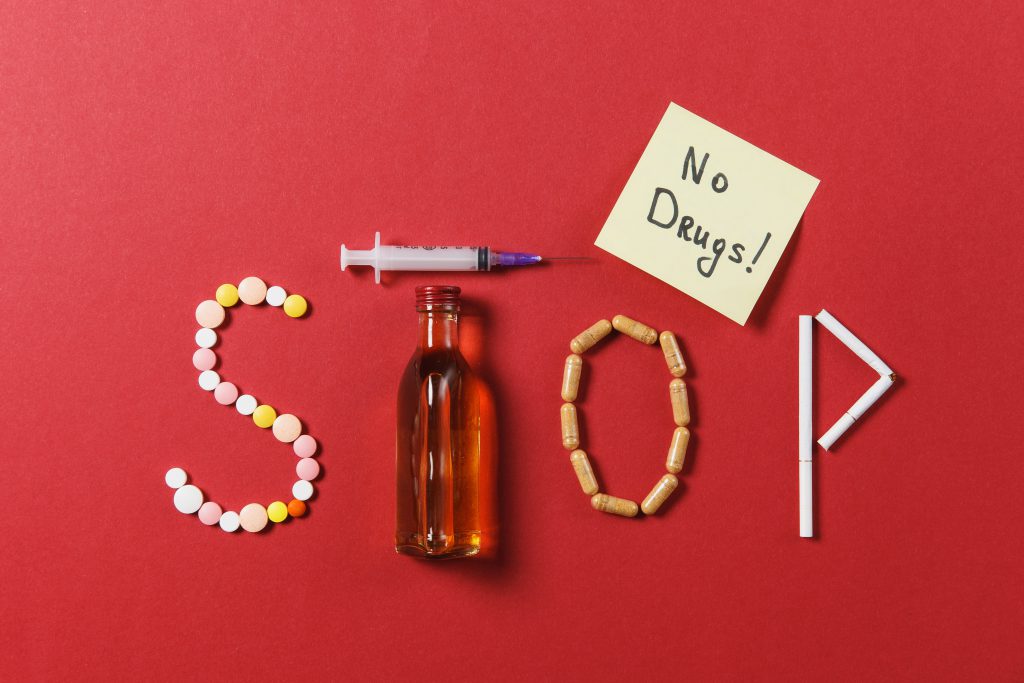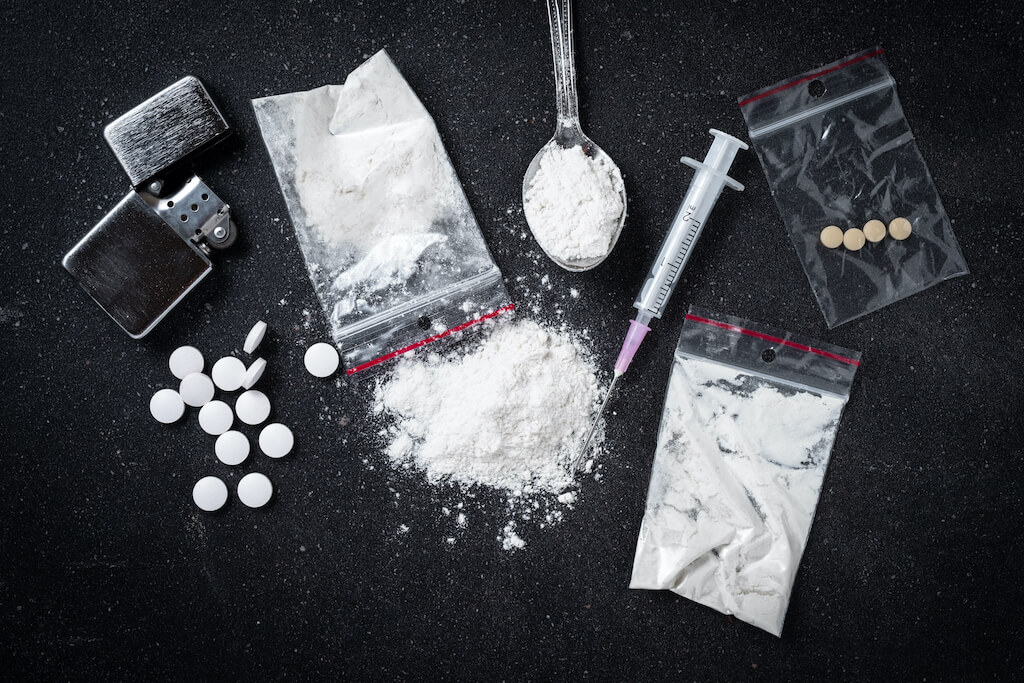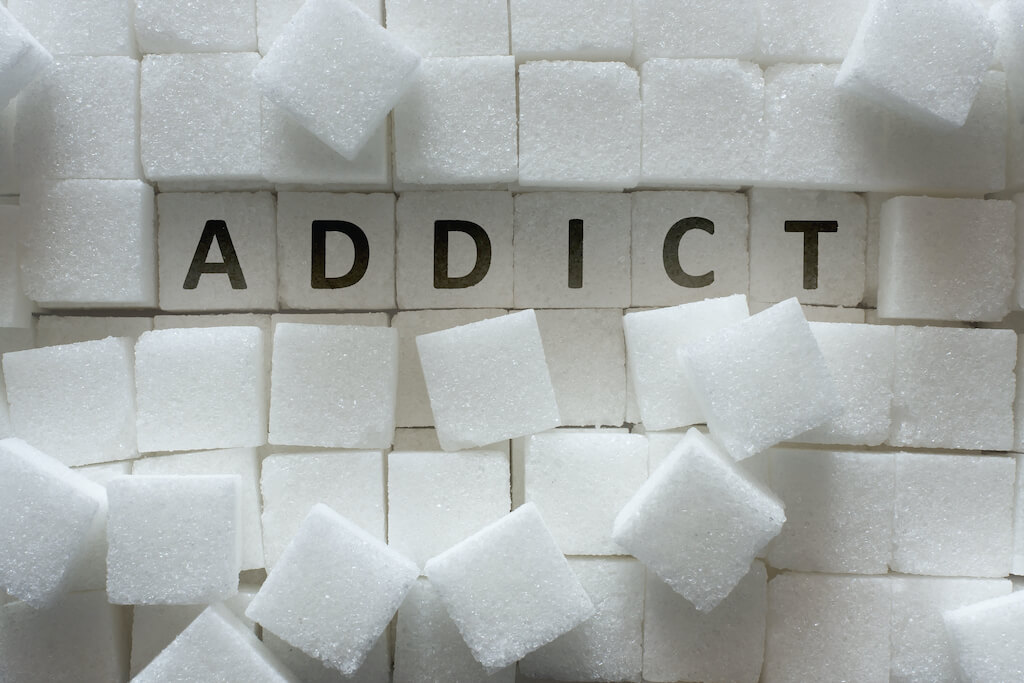Alcohol addiction is a serious concern that adversely affects physical health, relationships, and overall well-being. Escaping its grasp often entails navigating challenging withdrawal symptoms and breaking deeply ingrained habits. While quitting alcohol addiction can be a daunting task, the power of hypnotherapy offers a valuable solution. This article explores the health risks associated with alcohol, the difficulties in quitting, common withdrawal symptoms, how self-hypnosis aids in recovery, and the essential elements needed for self-hypnosis to effectively control alcohol addiction.
Recognizing the Health Risks of Alcohol
Alcohol poses numerous dangers to our health, both in the short and long term. Prolonged alcohol use can lead to liver damage, increased risk of cardiovascular diseases, compromised immune system, mental health issues, and a higher likelihood of accidents and injuries.
The Challenges in Quitting Alcohol Addiction
Quitting alcohol addiction is often an arduous process, mainly due to several factors:
Physiological Dependence: Regular alcohol intake leads to physiological dependence, making it difficult for the body to function without alcohol.
Psychological Dependency: Alcohol addiction often stems from psychological dependence, creating a cycle of using alcohol as a coping mechanism or a means of escape.
Social Pressure: Social situations and peer pressure can make it challenging to resist alcohol consumption, making it difficult to quit.
Understanding Common Withdrawal Symptoms
Withdrawal symptoms are the body’s response to the absence of alcohol after prolonged use. Common withdrawal symptoms include insomnia, trembling, nausea, anxiety, irritability, sweating, headaches, and increased heart rate. These symptoms can vary in intensity and duration based on the severity of addiction.
The Role of Self-hypnosis in Alcohol Addiction Control
Self-hypnosis is a powerful tool in breaking free from alcohol addiction by addressing the subconscious mind and transforming ingrained patterns and behaviors. It offers several benefits:
Changing Beliefs and Associations: Through self-hypnosis, individuals can redefine their associations with alcohol, viewing it as detrimental to their well-being, thereby weakening the desire to consume it.
Managing Cravings: Self-hypnosis equips individuals with relaxation techniques and visualization exercises to manage cravings effectively, providing healthier coping mechanisms during challenging moments.
Strengthening Willpower and Motivation: With positive affirmations and suggestions, self-hypnosis boosts motivation, strengthens willpower, and reinforces the commitment to a healthier, alcohol-free life.
Essential Elements for Effective Self-Hypnosis
To maximize the benefits of self-hypnosis in controlling alcohol addiction, the following elements are crucial:
Commitment and Openness: A genuine commitment to change and an open mind are essential for enabling self-hypnosis to work effectively.
Consistency and Practice: Regular practice of self-hypnosis enhances its effectiveness. Incorporating self-hypnosis sessions into a daily routine helps reinforce positive affirmations and strengthen mental resolve.
Professional Guidance: While self-hypnosis can be self-directed, seeking guidance from a qualified hypnotherapist can provide personalized insights, tailored scripts, and ongoing support for a successful recovery journey.
Lifestyle Changes and Support System: Complementing self-hypnosis with necessary lifestyle changes, engaging in healthy activities, and building a strong support system further reinforces the outcomes achieved through self-hypnosis.
Conclusion
Controlling alcohol addiction requires determination and effective strategies. Hypnotherapy, specifically self-hypnosis, provides a powerful approach to break free from the grips of alcohol addiction. By addressing the subconscious mind, self-hypnosis assists in transforming beliefs, managing cravings, strengthening willpower, and fostering a commitment to a healthier, alcohol-free life. Embrace the power of self-hypnosis, unlock your potential, and embark on a journey towards liberation and a brighter, alcohol-free future.
Disclaimer: It is advisable to consult with a healthcare professional or seek assistance from a qualified hypnotherapist before beginning any self-hypnosis program, particularly if you have pre-existing medical or mental health conditions.



















